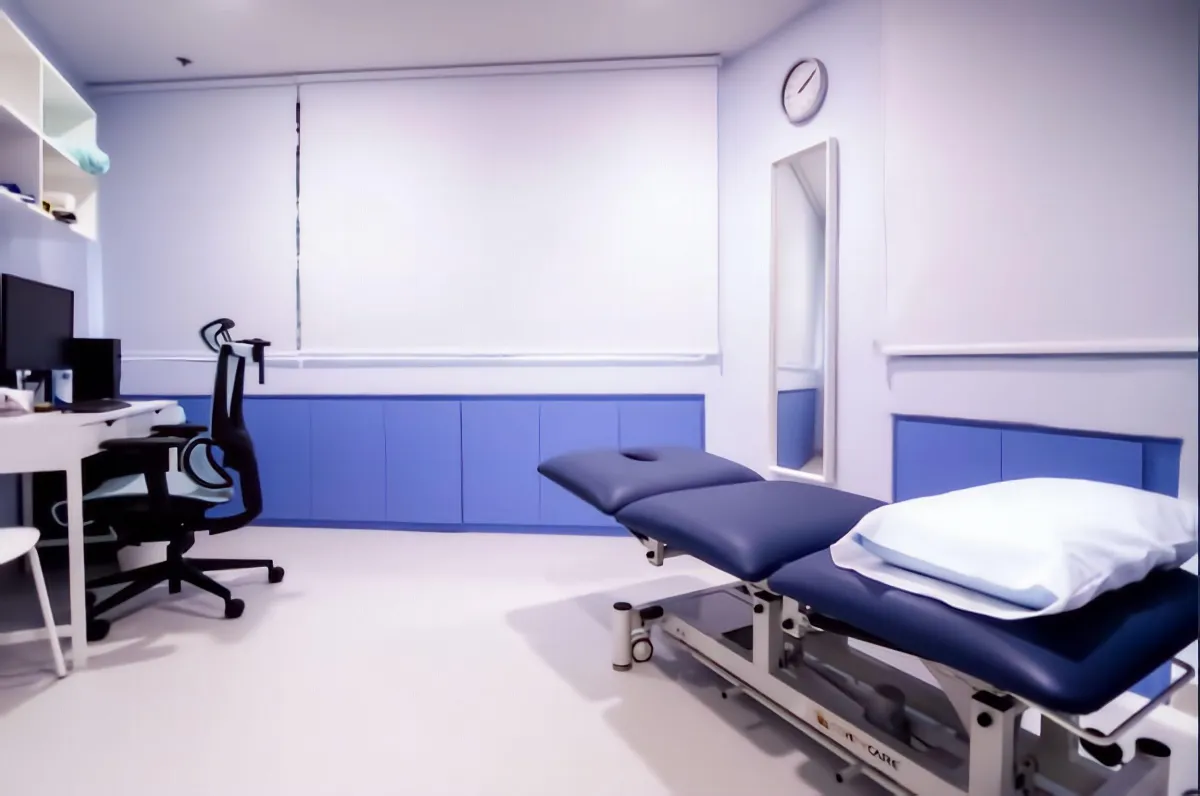
12 Key Steps to Launching Your Medical Clinic Successfully
Opening a private medical clinic is a meaningful milestone for many healthcare professionals. Whether you’re a general practitioner or a medical specialist, turning your vision into a functioning clinic requires careful planning, compliance with regulations, and efficient resource management. Below are 12 essential steps to guide you through the process of setting up your medical practice.
Register and Incorporate Your Clinic
Begin by legally establishing your clinic through the Accounting and Corporate Regulatory Authority (ACRA). Choose a clinic name that aligns with your healthcare philosophy and meets the Ministry of Health (MOH) naming rules. Avoid restricted words like "Singapore" or "National," and verify name availability using the BizFile+ portal.
Set Up a Business Bank Account
Having a separate bank account for your clinic is crucial for financial organization. Some banks provide startup loans specifically for medical practices—sometimes up to $300,000—to help cover early-stage costs like renovation, staffing, and equipment.
Apply for Hospital Accreditation
If you plan to admit patients or carry out surgical procedures, obtaining accreditation from private hospitals is vital. Hospitals such as Thomson Medical, Gleneagles, and Parkway East require documentation and, in many cases, a minimum of five years of specialist experience. The review process can take up to three months, so apply well in advance.
Choose an Ideal Location
Selecting the right location is key to attracting your intended patient base. Clinics located in malls or business hubs offer high visibility but come at a premium—rent can reach
$30 per square foot. Residential areas may be more budget-friendly while still offering accessibility to the community.
Acquire Medical Equipment
Invest wisely in medical devices and ensure all are approved by the Health Sciences Authority (HSA). If the equipment involves radiation or ultrasound, additional licenses from the National Environment Agency (NEA) may be required. Consider financing options like Medical Equipment Loan, and opt for devices with solid maintenance and warranty coverage.
Design a Compliant and Functional Clinic Layout
When designing your clinic layout, it is essential to comply with the Ministry of Health’s (MOH) hygiene and operational standards. Treatment areas must have non-fabric flooring to maintain cleanliness and prevent contamination. Proper lighting is also critical—ambient lighting should be around 1,000 lux, while surgical areas require focused lighting of approximately 100,000 lux. The clinic must include a fully stocked emergency trolley, maintain at least 1.2 meters of clearance around treatment spaces for ease of movement, and provide sanitary handwashing facilities such as sinks, soap dispensers, and disposable hand towels. Additionally, a proper system for the disposal of biohazard waste, including sharps and soiled materials, must be in place. These elements are key to passing the MOH’s pre-operational inspection and ensuring a safe, functional environment for both patients and staff.
Establish Drug Procurement Channels
To dispense medication legally and efficiently, set up accounts with certified pharmaceutical vendors. Decide whether to stock branded drugs or more cost-effective generics. Review vendor discounts and pricing tiers to manage your drug inventory strategically.
Implement a Clinic Management System (CMS)
A reliable CMS streamlines daily operations by managing appointments, medical records, billing, and test results. Popular systems like CLINIC ASSIST and PLATO are widely used, with subscription costs ranging from $180 to $250 per doctor/month. Staff must be trained thoroughly to operate the CMS efficiently.
Hire and Train Your Team
The right clinic team is essential for smooth daily operations. Onboard your staff
at least two weeks before opening to allow time for training. Depending on your services, you may need Clinic Assistants, Enrolled Nurses, or Staff Nurses. Consider outsourcing HR services for recruitment and employment contracts.
Plan Renovations and Secure Insurance
When planning your clinic renovation, expect costs to range from $100 to $150 per square foot, not including medical equipment. It’s important to collaborate with contractors who have experience in healthcare facility design to ensure the space meets all regulatory and functional requirements. Alongside renovation, securing the right insurance is crucial for protecting your investment and staff. This includes fire insurance to cover clinic equipment and Work Injury Compensation Act (WICA) insurance to ensure staff safety and regulatory compliance.
Apply to Insurance Provider Panels
Joining insurance panels increases your clinic’s appeal to insured patients. Most providers require consistent medical practice—often five years of specialist experience—for eligibility. Gather and submit all necessary documentation for your application.
Build Your Brand and Promote Your Services
Your clinic’s brand identity should inspire trust and reflect professionalism. Invest in a distinctive logo and consistent branding across all channels—signage, stationery, website, and social media. Follow the Singapore Medical Council's
advertising rules, which prohibit exaggerated or misleading claims. Allocate 3% to 12% of your clinic’s revenue for marketing, and use both traditional and digital platforms to grow your reach.
Conclusion
Launching a medical clinic requires more than just medical expertise—it demands business acumen, compliance knowledge, and strategic planning. With a strong foundation in place, your clinic can thrive and make a lasting impact in the community.
If you're looking for expert help with setting up your clinic, Contract Builders offers comprehensive support—from regulatory approvals to interior design, CMS setup, and staff onboarding.
📞Call us at: +65 8368 5194
📧Email: go@contract.builders
Office:
101 Woodlands Ave 12, #05-12, S737719
Call 8368 5194
Email:go@contract.builders
Site: www.contractbuilders.sg
